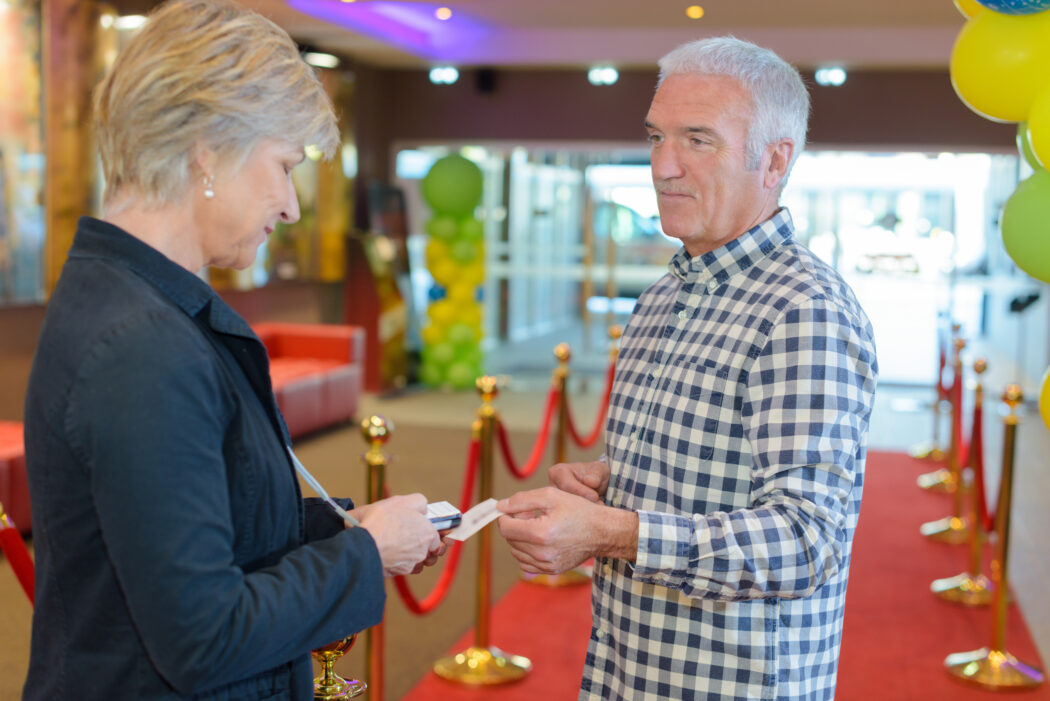The Strong Interest Inventory (SII) is a formidable tool for focusing on one’s job search. It works in multiple related ways. First, the Strong Interest Inventory Assessment uses a comprehensive survey-style assessment to measure an individual’s vocational preferences along several dimensions, from corporate structure to subject matter. Then, it compares the individual’s responses against a database of surveys completed by professionals in hundreds of fields. It uses this analysis to guide individuals toward specific careers. For instance, individuals whose responses are similar to those of ushers or ticket takers will be directed toward those of similar occupations. Finally, it recommends that job seekers more closely consider one or more of six career categories (Realistic, Investigative, Artistic, Social, Enterprising, Conventional) that may align with their interests. Social careers, for instance, tend to involve working directly with others and supporting them in achieving a goal or having a certain experience.

Learn all about careers as Ushers, Lobby Attendants, and Ticket Takers, including career stats such as media salary, daily tasks, and more!
Ushers, Lobby Attendants, and Ticket Takers are considered Social careers because they involve assisting patrons at entertainment events. These professionals typically greet patrons as they arrive. They also perform tasks such as selling, collecting, and verifying the authenticity of admission tickets and passes; recording ticket sales and collections; leading tours around their venue or facility; helping attendees find their seats; assisting customers with visual or physical impairments such as requiring wheelchairs or accessibility accommodations; locating missing or lost items; operating refreshment stands or obtaining refreshments for box patrons; managing inventory or sale of artist merchandise, and helping patrons find restrooms, telephones, attractions, or other facilities they may need. They may also need to maintain order and safety within their venue, including refusing admittance to people behaving inappropriately or who do not have the necessary admission documents (e.g., tickets, passes, etc.). Nonetheless, Ushers should escalate serious situations to the venue’s security team. In case of emergency, Ushers, Lobby Attendants, and Ticket Takers must guide patrons towards exits or provide additional assistance as needed, based on the event venue and the needs of the patrons.
Depending on the event venue, specific responsibilities may vary from role to role. However, there may be times that Ushers, Lobby Attendants, and Ticket Takers may need to settle seating concerns, issue refunds, resolve customer complaints; provide directions or information about local attractions; verify credentials of press box patrons; give stamps or door checks to patrons who are leaving the establishment temporarily but will require readmission, and provide custodial services. They may also need to collaborate or communicate with other staff, including employees, managers, and supervisors, to schedule shifts, page individuals required in various places, update displays regularly and perform other necessary duties. Ushers, Ticket Takers, and Lobby Attendants need basic literacy and numeracy skills, as they may need to calculate sales, verify admissions times and dates, or provide other services. They should also be comfortable communicating orally and in writing in English and other relevant languages (e.g., being bilingual in Spanish is often useful, particularly in states like Florida, Texas, and California). They should also be familiar with basic technology (e.g., computers, smartphones, and mobile devices) and office software, including Microsoft Office Suite, web browsers, scheduling software, and e-mail. Any specialized software, such as an optical character reader or scanning software to scan tickets, can be learned on the job.
According to data from the Bureau of Labor Statistics, 61% of positions as Ushers, Lobby Attendants, and Ticket Takers require a high school diploma, 33% require less than a high school diploma, and 3% require an Associate’s degree. The median salary for Ushers, Lobby Attendants, and Ticket Takers in the United States is $11.75 hourly, which comes to $24,440 annually. For this career, the lower limit of wages is set by federal and state minimum wage laws. In most states, the median salary is close to the national median, and the bottom 10% of earners earn less than $18,000. However, pay is significantly higher in California, where the bottom 10% of earners receive close to $30,000 per year. New York City leads the country with a median salary approaching $32,000 per year and a right tail where the top 10% of earners receive over $47,000 per year. As of 2020, there are 81,500 people employed in this profession in the United States, and this number is expected to grow by over 15% in the next decade. This growth is projected to add 29,400 jobs by 2030.
Below are some employment trends for Ushers, Ticket Takers, and Lobby Attendants:
- Median Salary: $24,440 annually, or $11.75 hourly
- Employment: 81,500 employees
- Projected growth (2020-2030): Much faster than average (> 15%)
- Projected job openings (2020-2030): 29,400
Information retrieved from Bureau of Labor Statistics wage data and 2018-2028 employment projections]
Visit Our Strong Interest Inventory Validity and Reliability Page to read about the effectiveness and efficiency of this reliable and proven Interest Inventory.
Visit Our Myers-Briggs Type Indicator® Career Resource Database for Information on MBTI® Personality Type Careers
To Learn More About the Myers-Briggs Type Indicator, visit our About MBTI Test Page
Assessment Categories
References
- Bureau of Labor Statistics wage data and 2018-2028 employment projections Onetonline.org









